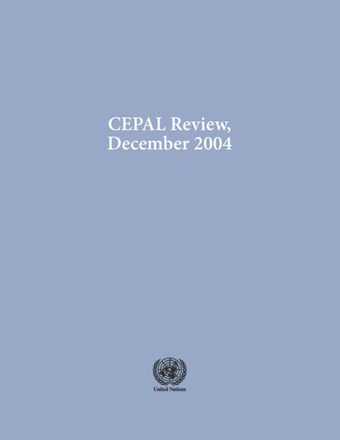-
The relations between different levels of government in Brazil
- Source: CEPAL Review, Volume 2004, Issue 84, Dec 2004, p. 133 - 155
- Spanish
-
- 23 Dec 2004
Abstract
Brazil is now one of the most decentralized federative countries in the world, with the special feature that its decentralization is not the result of an economic strategy, but of a political initiative of the 1988 Constitution. The distribution of income and expenditure between the different spheres of government —central, state and municipal— shows the considerable relative importance of the subnational levels of government. Decentralization has not prevented extraordinary progress in the structural reform of the Brazilian public finances in recent years. The Fiscal Responsibility Law consolidated a process of change in fiscal “culture”, reversing the tendency towards primary deficits and growing indebtedness. The central government has formulated dynamic social policies and shared programme execution with the subnational governments, particularly in fundamental education, basic health services and social assistance. What the Brazilian federation now needs to do is not to reconstruct itself, but to improve itself still further, through greater transparency in public actions and accounts and more investments to modernize management.





